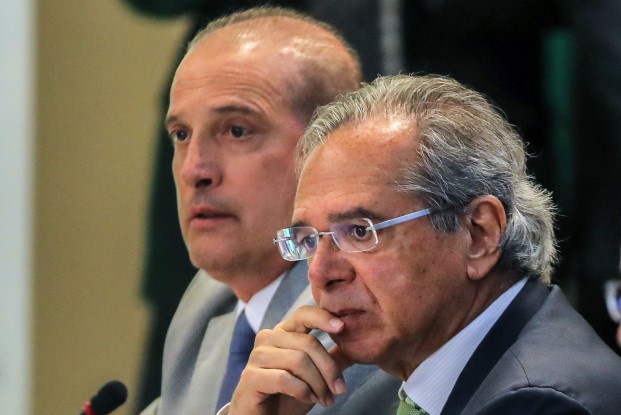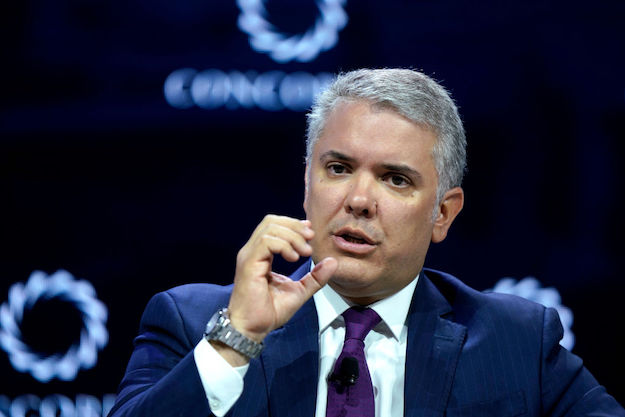Brazil needs pension reform. That is a given. But a fiscally sustainable social security system is only the start – a crucial step in bringing about broader and much needed structural changes to the economy.
Brazil’s Economy Minister Paulo Guedes is a proponent of liberal principles and brings a message of free markets and lower taxes that is in stark contrast to his predecessors. But achieving his vision won’t be easy. Changes in the pension system will demand exhaustive political work, including constitutional changes requiring means more than three-fifths of the votes in both houses of Congress, and two separate votes in each chamber.
In that respect, representative Rodrigo Maia’s recent selection as president of the Lower House was a good start. Maia also led the house in the last legislature and has been a vocal proponent for urgent pension reform. In his inaugural speech Maia made clear that the economic agenda would take precedence over all other projects. But even with his support, after Guedes’ reform bill arrives at the legislature, it could take the entire first half of the year just to get it through the Lower House.
Once that hurdle is crossed the bill will go to the Senate, where new leadership raises questions about how enthusiastically the body will pursue economic reform. In a surprise twist, Davi Alcolumbre, a little-known senator, was elected to preside over the Senate in a victory orchestrated by President Jair Bolsonaro’s chief of staff, Onyx Lorenzoni.
Lorenzoni himself tends toward a softer pension reform proposal and there’s still no clear path for the government to build a majority in the Senate. While the chances of a significant reform are still favorable, its passage through the Senate could take most or even all of second half of the year.
Even then, the economic team has other challenges to face. First, there isn’t enough public money to solve the problem of the country’s crumbling infrastructure and Brazil must rely on the private sector to fix roads, railways and ports. In this regard, a strong legal framework will be the key to success; without clear rules there is no reason to expect foreign or even domestic investors to put their money in the country.
Opening the economy will also be key if Guedes hopes to implement his agenda. Brazilian trade flow amounts to less than 20 percent of GDP; the administration is strongly considering a gradual reduction in import tariffs in order to boost international commerce – be it unilaterally or under bilateral and multilateral accords. Enhancing the country’s integration with global value chains by increasing exports and imports could have a huge positive impact, but implementation poses risks.
With the current tax burden and Brazil’s infamously knotty regulatory and tax collection framework, a sudden opening could thwart local production. The strategy has to be one of gradual opening coupled with policies towards improving competitiveness, reducing costs and enhancing existing infrastructure.
The new government is thus setting off on a new and complicated path ahead. Policies favoring specific sectors or regions should not be expected to prosper – rather, we should see more horizontal economic policies, aimed at balancing economic incentives. The government’s promise is to make life easier for entrepreneurs and enhance Brazilian competitiveness by increasing labor and capital productivity. For sectors used to the state’s benevolent hand – the ones that had access to subsidized loans, favorable tax breaks or more lax labor rules – this process might require some adjustment.
Foreign investors are wondering if this is the best time to put their money in Brazilian assets, worried about the speed of pension reform in the legislature and the political ability of Bolsonaro and his team to pass legislation and implement other needed reforms.
After so many comings and goings, investors have every right to be cautious. However, the economic agenda proposed by the government goes beyond pension reform; their target is a more dramatic change. This broad project is what really matters and, if successful, it could justify a more optimistic view of the country’s prospects.
—
Zara is Chief Economist at Rosenberg Associados








